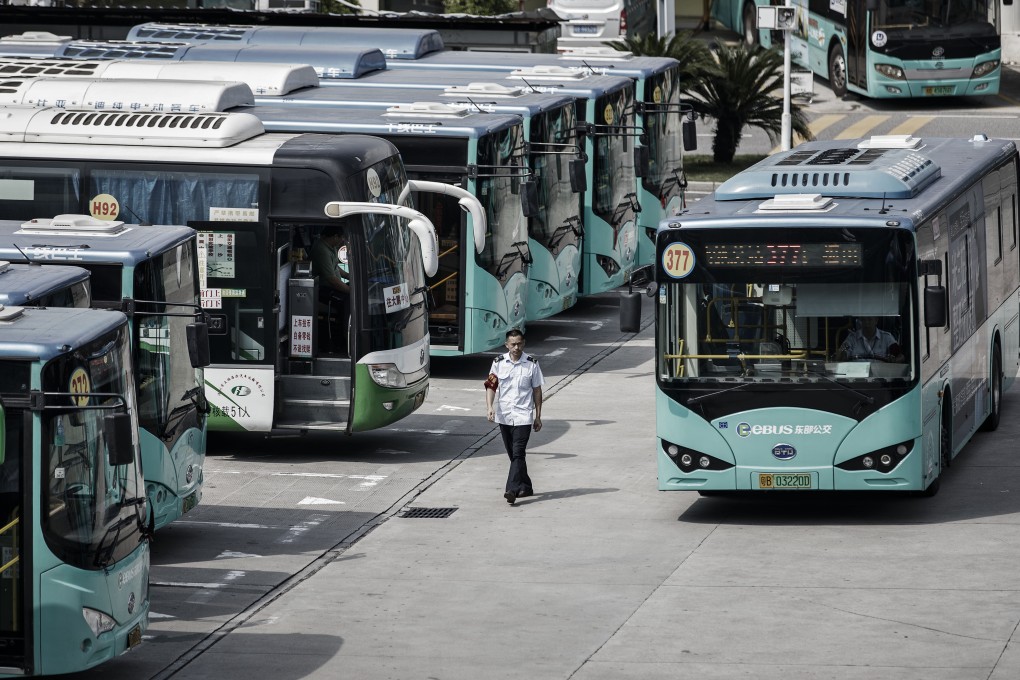Advertisement
The View | Hong Kong can’t innovate like Shenzhen. But it can be an experimental hub for tech
- A compact city like Hong Kong is an ideal test lab for the development of 22nd-century technologies, including for mass transport and alternative energy
- Yet, as we choke on the fumes permitted by our outdated regulations, why are the current innovations in clean energy not being rolled out in Hong Kong?
Reading Time:3 minutes
Why you can trust SCMP
4

Well over 50 years ago now, as a small boy in Africa, I told my friends that I was going to move to Hong Kong. They had no idea where it was, but they had all heard of it. “Made in Hong Kong! Made in Hong Kong! We’re going to call you ‘Made in Hong Kong’!” It actually was an exciting start to life in my new home.
The flood of goods imprinted with those four words made our city famous. We competed in the 1960s by copying and making cheap stuff. We took technology from others who innovated, manufactured it better, and sold it back to them. These are our roots.
But times have changed. Hong Kong’s economic strategy requires us to articulate and recapture our current competitive advantages – such as raising capital and marshalling global resources.
Advertisement
Hong Kong government policy has morphed from laissez-faire in the 1960s to patriotic control in the 2020s, but is missing a piece of the puzzle. That piece is the will to develop tomorrow’s technologies, not by overfunding the toothless Innovation and Technology Bureau, but by developing other people’s innovations.
We are blowing smoke if we think we can compete with that dynamic centre of innovation, Shenzhen, which has immeasurably more world-beating talent, experience, knowledge and capital resources. Innovation may be sexy, but it’s not our sexy.
Hong Kong is an ideal Petri dish, a test lab for the development of 22nd-century technologies. These could include both hard technologies like mass transport and alternative energy (as ours is a dense, compact urban environment) and softer elements such as social care and leisure management (as we have a long-living, fairly healthy population, and extraordinary landscapes and seascapes).
Advertisement
Select Voice
Choose your listening speed
Get through articles 2x faster
1.25x
250 WPM
Slow
Average
Fast
1.25x

